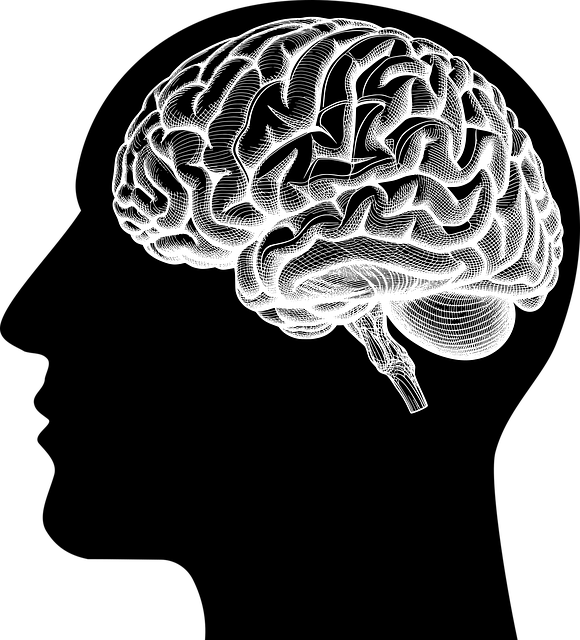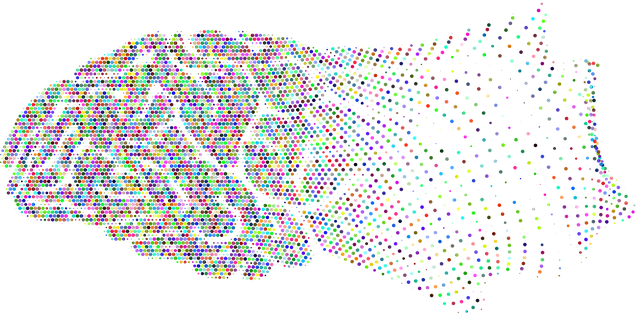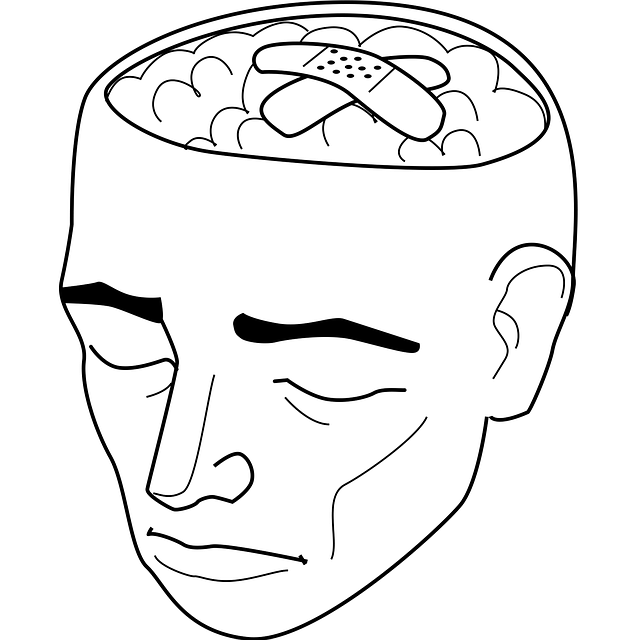Dissociative Disorder (DD) is a complex mental health issue arising from trauma, characterized by identity fragmentation and memory lapses. Longmont, CO stands out for its specialized Longmont Dissociative Disorder Therapy services, addressing DD's root causes through evidence-based techniques like EMDR and TF-CBT. The city offers comprehensive care, including burnout prevention for healthcare providers, transforming lives with empathy, emotional regulation skills, and support workshops. Key resources make Longmont a prominent destination for those seeking effective Longmont Dissociative Disorder Therapy.
“In addressing the complex landscape of trauma recovery, this article delves into dissocitative disorder—a profound mental health challenge rooted in traumatic experiences. We explore the symptoms and significant impacts on individuals affected by this condition. Furthermore, we highlight Longmont’s pioneering approach to trauma-informed care, showcasing its effectiveness in treating dissocitative disorders.
The piece also navigates evidence-based therapy techniques proven to aid recovery. Lastly, it provides a comprehensive guide to available resources for those seeking support, including dedicated facilities offering Longmont Dissociative Disorder Therapy.”
- Understanding Dissociative Disorder: Symptoms and Impact
- Longmont's Approach to Trauma-Informed Care
- Effective Therapy Techniques for Dissociative Disorders
- Accessing Support: Resources for Individuals and Families Affected by Dissociation
Understanding Dissociative Disorder: Symptoms and Impact

Dissociative Disorder (DD) is a complex mental health condition that often requires specialized therapy, such as Longmont Dissociative Disorder Therapy, for effective management. Individuals experiencing DD may exhibit symptoms like identity fragmentation, memory lapses, and a distorted sense of self. They might feel disconnected from their thoughts, feelings, or surroundings, leading to disassociated states where they observe themselves as if from outside their body.
The impact of DD can be profound, affecting various aspects of daily life. It often arises as a coping mechanism in response to severe trauma, such as chronic abuse or violence. Without appropriate crisis intervention guidance and stress reduction methods, individuals with DD may struggle with maintaining relationships, performing at work or school, and even engaging in ordinary activities. However, Mind Over Matter principles can empower those affected to regain control and transform their lives by addressing underlying causes and developing healthy coping strategies.
Longmont's Approach to Trauma-Informed Care

Longmont’s commitment to trauma-informed care is evident through its comprehensive approach that recognizes and addresses the complex needs of individuals with dissociative disorders and other trauma-related conditions. The city offers a range of specialized trauma support services, tailored to promote emotional healing processes and foster resilience among affected persons. Therapists and support staff are rigorously trained in dissociation management, ensuring that every interaction is sensitive and effective.
This holistic approach not only focuses on the individual but also extends to burnout prevention strategies for healthcare providers who play a crucial role in delivering these services. By prioritizing their well-being, Longmont aims to maintain a consistent and compassionate support system. This dual focus—on patient care and provider sustenance—is transforming lives and creating a more supportive environment for those navigating the challenges of emotional trauma.
Effective Therapy Techniques for Dissociative Disorders

Longmont Dissociative Disorder Therapy has evolved to include a range of effective therapy techniques tailored for addressing dissociative disorders. These conditions, often stemming from traumatic experiences, require specialized approaches. One prominent method is Eye Movement Desensitization and Reprocessing (EMDR), which facilitates the processing of traumatic memories while encouraging bilateral stimulation through eye movements or other sensory inputs. This technique helps individuals integrate fragmented memories and emotions, reducing symptoms of dissociation.
Additionally, trauma-focused cognitive behavioral therapy (TF-CBT) has proven successful in treating dissociative disorders by challenging unhelpful thought patterns related to trauma. TF-CBT also teaches coping strategies for managing stress and anxiety, enhancing the individual’s sense of control and emotional regulation. Public Awareness Campaigns Development and Stress Reduction Methods, such as mindfulness practices and relaxation techniques, are increasingly integrated into therapy to support overall well-being and stress management. Organizations offering these services, including those specializing in Longmont Dissociative Disorder Therapy, play a vital role in fostering healing through specialized care and comprehensive support workshops.
Accessing Support: Resources for Individuals and Families Affected by Dissociation

For individuals and families navigating the complexities of dissociation, accessing appropriate support is a crucial step towards healing and recovery. Longmont, CO, offers a range of resources dedicated to aiding those affected by dissociative disorders. These services are designed to provide not only practical assistance but also long-term strategies for emotional well-being promotion. Therapists specializing in dissociative disorder therapy employ evidence-based techniques to help clients process traumatic experiences and develop effective coping mechanisms.
One key aspect of support is learning empathy building strategies, which foster deeper understanding and connection. Emotional regulation skills are also central to these practices, enabling individuals to manage and understand their emotions during the healing process. By combining various emotional well-being promotion techniques, families can create a supportive environment that encourages open dialogue and promotes resilience in the face of dissociation.
In conclusion, understanding dissociative disorders and their impact is crucial in providing effective trauma support services. Longmont’s approach to trauma-informed care has proven successful in treating these complex conditions. By employing evidence-based therapy techniques tailored for dissociative disorders, such as those offered by specialized professionals in Longmont Dissociative Disorder Therapy, individuals can access the help they need to heal. Moreover, recognizing and utilizing available resources for affected individuals and families is essential in navigating this challenging landscape and fostering recovery.














